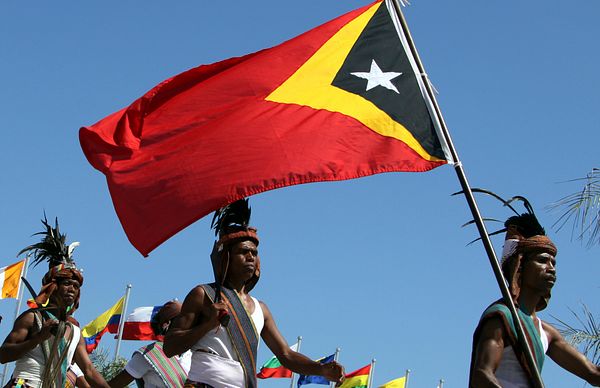mistressesanonymous.com – “Timor-Leste: A Political and Cultural History” by Andrea Katalin Molnar is a comprehensive exploration of the island nation’s journey from colonial rule to independence, delving into its rich cultural heritage and the complexities of its political landscape. Published in 2021 by Oxford University Press, this book offers a detailed analysis of Timor-Leste’s historical trajectory and the challenges it faces in the contemporary world.
Overview
Andrea Katalin Molnar’s book provides a thorough examination of Timor-Leste’s history, beginning with its pre-colonial era, through the Portuguese colonial period, the Indonesian occupation, and finally, its struggle for independence. The author skillfully weaves together political events with cultural developments, offering readers a nuanced understanding of the nation’s identity.
Key Themes
Colonial Legacy
The book explores the profound impact of colonialism on Timor-Leste, examining how Portuguese rule shaped the country’s social, economic, and political structures. Molnar also discusses the resistance movements that emerged during this period, laying the groundwork for future independence efforts.
Indonesian Occupation
A significant portion of the book is dedicated to the Indonesian occupation of Timor-Leste from 1975 to 1999. Molnar provides a detailed account of the atrocities committed during this time, the international response, and the resilience of the Timorese people in their fight for self-determination.
Road to Independence
The author traces the path to Timor-Leste’s independence in 2002, highlighting the key figures, events, and international support that played crucial roles in this historic achievement. Molnar also discusses the challenges faced by the newly independent nation, including political instability, economic difficulties, and the process of nation-building.
Cultural Insights
Beyond its political history, the book offers valuable insights into Timor-Leste’s cultural heritage. Molnar explores the country’s diverse ethnic groups, languages, and traditions, emphasizing the importance of culture in shaping national identity and fostering unity among the Timorese people.
Critical Reception
“Timor-Leste: A Political and Cultural History” has been praised for its comprehensive approach and the author’s ability to combine historical analysis with cultural insights. Reviewers have noted Molnar’s meticulous research and her skill in presenting complex information in an accessible manner.
Conclusion
Andrea Katalin Molnar’s book is an essential resource for anyone seeking to understand Timor-Leste’s rich history and the challenges it continues to face. “Timor-Leste: A Political and Cultural History” not only provides a detailed account of the nation’s political journey but also highlights the resilience and cultural richness of its people. It is a must-read for scholars, students, and anyone interested in the history and culture of Southeast Asia.

